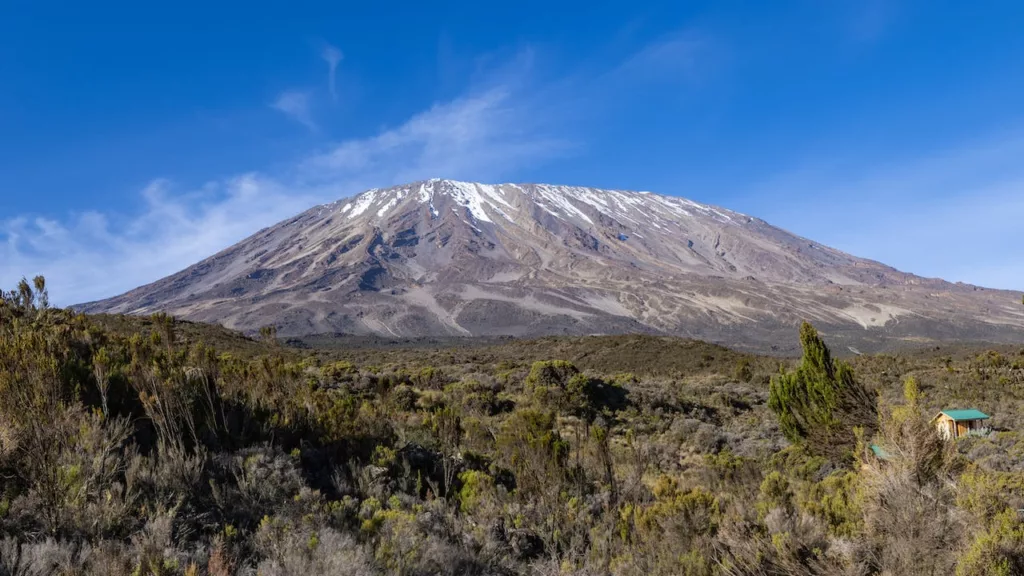The Amazon Rainforest, known for its rich biodiversity, needs careful consideration when it comes to malaria.
This article will guide you through the essentials of malaria prevention, focusing on a straightforward, informative approach.
Official Recommendation
Doctors strongly recommend preventive antimalarials for The Amazon – before, during & after travel.
Seeking a prescription is a crucial step before departing.
Many travelers prefer online consultations, with prescriptions delivered to your doorstep. This removes the risk of appointment delays and higher costs, often experienced with primary care and in-person travel clinics.
Is There a Certain Type of Malaria Pills You Should Take?
There are a few options – including:
- Malarone (Atovaquone/Proguanil)
- Doxycycline
- Lariam (Mefloquine)
- Chloroquine
Many doctors recommend Malarone, due to strong effectiveness and relatively low side effects for travel.
However, your healthcare provider will tailor their recommendation based on factors like your destination, travel plans, and health history.
Understanding Malaria Risk in The Amazon
The Amazon can often present a high risk of malaria transmission.
In fact, within the western hemisphere, 90% of all malaria cases occur within the Amazon (according to Duke University).
The CDC also states the risk is especially high during the rainy season (November to June).
Considerations for Malaria Tablets
Being prescribed the right malaria tablets involves careful consideration. Here’s an overview of factors your physician may discuss with you:
Individual Health Considerations
- Personal Health History: Your health history influences the choice of malaria tablets. Discuss pre-existing conditions and medications with your healthcare provider for tailored prescriptions that align with your specific health needs.
- Allergies and Sensitivities: Inform your healthcare provider about any allergies. This ensures the selected malaria tablet is both effective and safe, minimizing the risk of allergic reactions.
- Pregnancy or Planning: If pregnant or planning, discuss with your healthcare provider. The choice of antimalarial medication may need adjustment for both effective prevention and reproductive health safety.
Destination-Specific Factors
- Geographical Variation: Malaria risk varies across the Amazon Rainforest due to factors like climate and elevation. Consult healthcare professionals to assess the specific risk level of your intended destination, ensuring tailored preventive measures.
- Local Outbreaks: Stay informed about ongoing malaria outbreaks in your chosen regions. Regular updates from healthcare authorities help you adjust preventive measures based on the current risk levels.
- Seasonal Variations: Malaria transmission rates fluctuate with seasons, influenced by factors such as rainfall. Understanding seasonal patterns allows for effective planning to minimize exposure during high-risk times.
Length of Stay
The length of your stay in the Amazon influences the choice of malaria tablets.
Some medications require shorter courses, while others are suitable for longer-term travel. Anything beyond 2 weeks may need an adjustment in dosage.
Additional Tips to Avoid Malaria in The Amazon
Beyond antimalarial tablets, extra precautions are vital:
- Wear long sleeves, pants, and closed shoes to minimize exposed skin.
- Apply insect repellent on exposed skin, especially repellents that are formulated to ward-off mosquitoes.
- Opt for lodging with air-conditioned rooms to reduce the risk of mosquito encounters. If not, make sure openings (doors and windows) are blocked with screens.
Online Resources
Navigating malaria prevention can be overwhelming. Utilize these online resources for comprehensive information:
Telehealth Services for Prescriptions
Online providers like Runway Health are often more convenient and affordable – ensuring you don’t experience surprise costs or unexpected delays in receiving your medication.
Prescriptions can also be delivered to your doorstep, ensuring a hassle-free experience.
Start Consultation with Runway →
CDC Guidelines
Refer to the CDC for authoritative guidelines on malaria prevention. Updates on malaria risks & developments are published periodically.
Final Thoughts on Malaria Prevention in The Amazon Rainforest
Given the unique challenges of the Amazon Rainforest, preventive measures, particularly through antimalarial tablets, are strongly recommended.
While Malarone emerges as a preferred choice, exploring affordable options through online telehealth providers ensures a safe and enriching experience in this unparalleled natural wonder.

